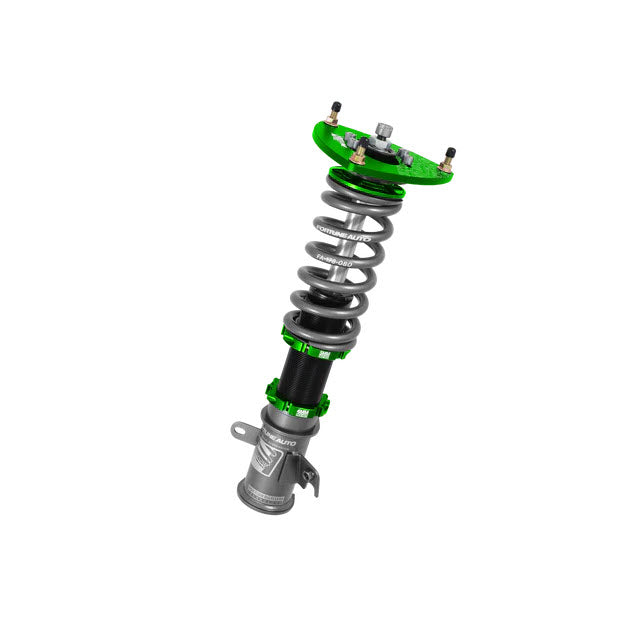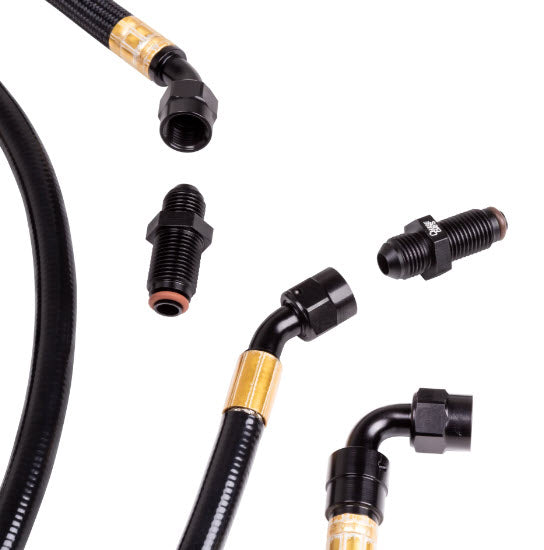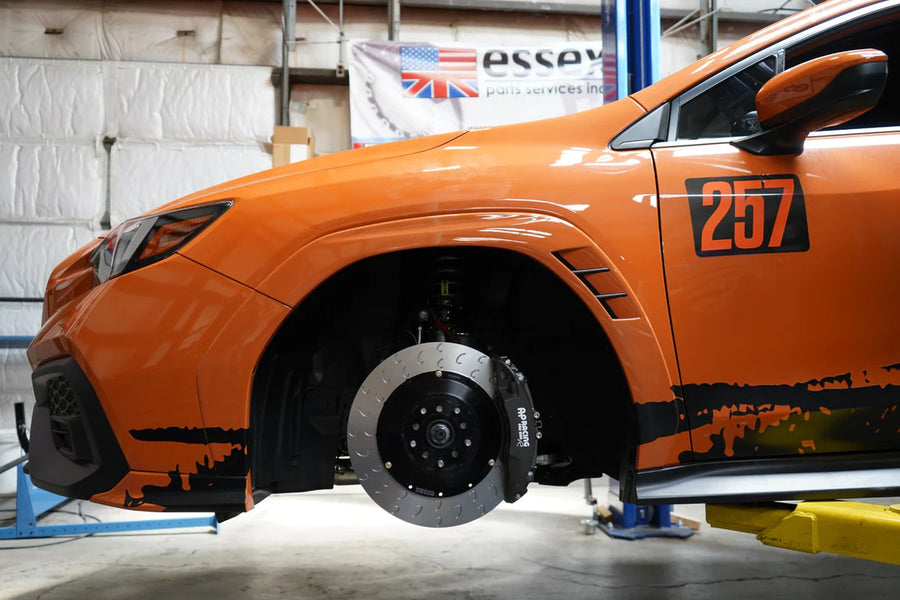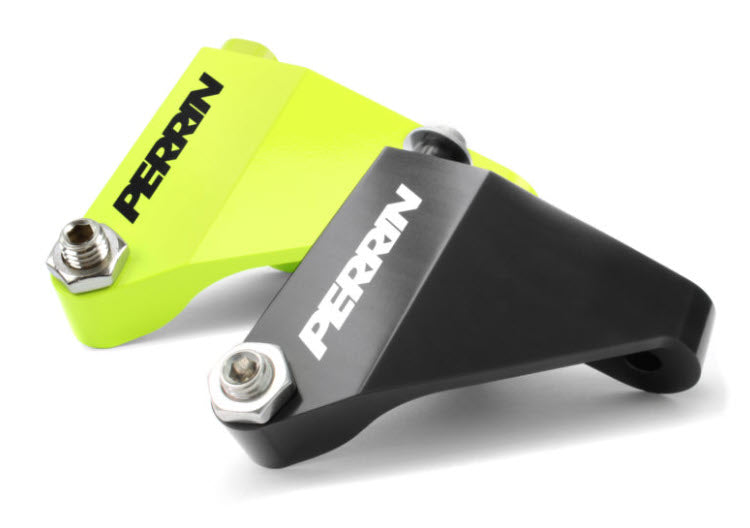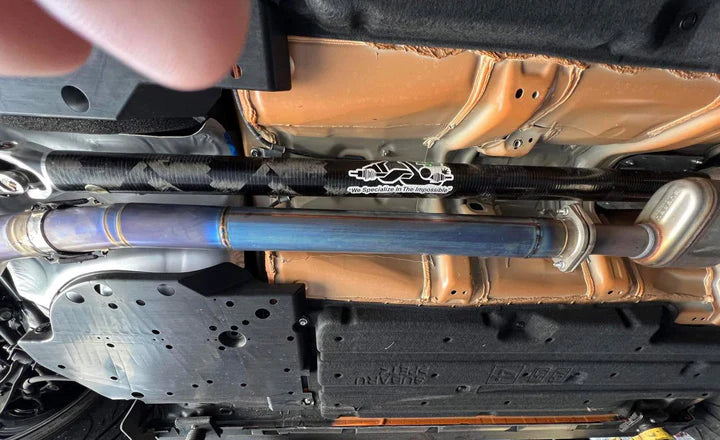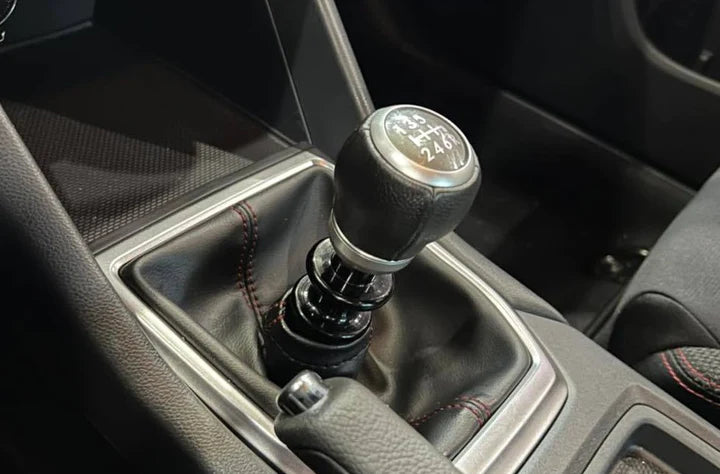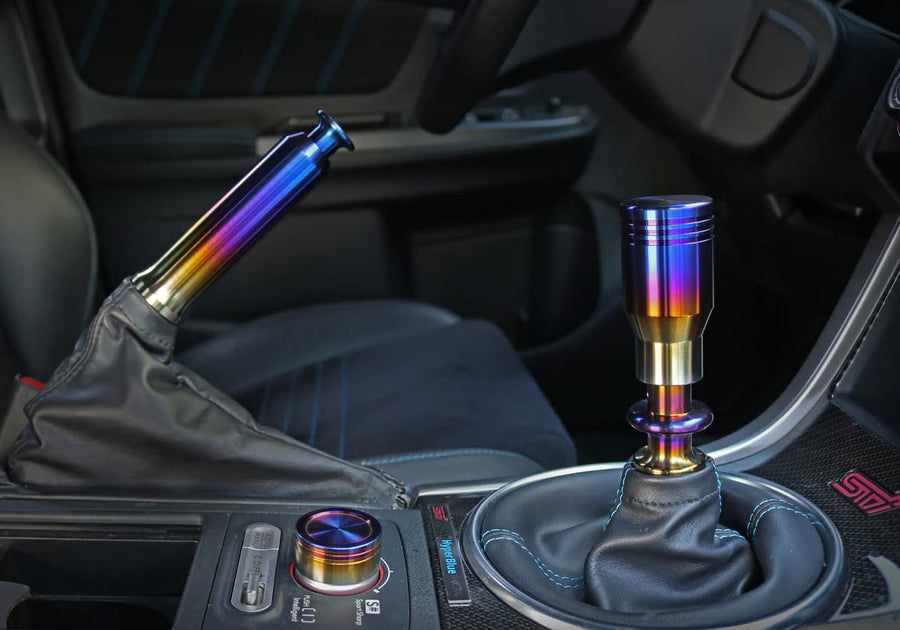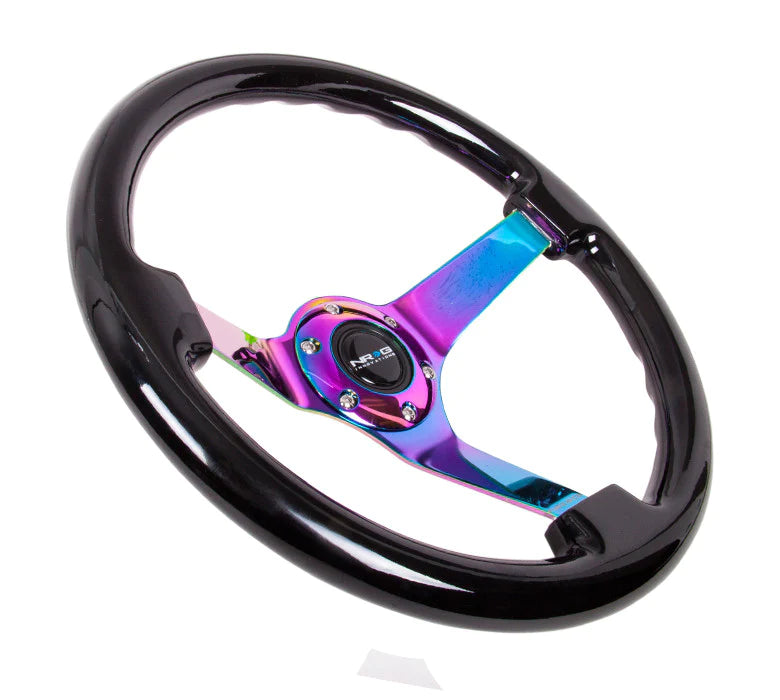Different Materials Used To Make Exhaust Manifolds Explained

Every part of your vehicle serves an essential purpose, but sometimes you need to change things up. For example, changing your worn-out tires for new specialty tires can help improve control and fuel usage. This article will talk about exhaust manifolds and what you should know about the different materials that make them.
What Are Exhaust Manifolds
The first thing you should know about exhaust manifolds is what they do for your vehicle. The purpose of these parts is to collect all the exhaust fumes from the engine and push them out to the catalytic converter. This helps your engine regulate its waste so it can keep producing power for your vehicle.
Alloyed Cast Iron
Most exhaust pipes contain alloyed cast iron or “mild iron” when they come out of the factory. It’s a popular metal as it’s inexpensive and durable, which makes it great for exhaust. However, it does rust from the exhaust fumes, which is a big problem as it breaks down quickly. Additionally, alloyed cast iron is quite heavy and can add significant weight to your vehicle.
Stainless Steel
Stainless steel is another popular option when it comes to exhaust manifolds. Stainless steel is an excellent choice for exhaust manifolds as the material is resistant to corrosion and lasts a long time. This means it won’t rust from regular use and will last you a lot longer than cast iron options. However, this metal is quite expensive in comparison to mild iron.
Which To Choose
It’s not easy to say that one is better than the other; it all comes down to your needs and wants. If you’re happy with just the base model, then sticking with the alloyed iron can work for you. However, some stainless steel options can improve your vehicle’s torque and horsepower. For example, the Subaru STI headers, along with some stainless steel manifolds, can really enhance your vehicle.
This is everything you need to know about the common materials that make exhaust manifolds. Choosing the right one for you can be challenging, as you must balance cost with your requirements. However, any choice you make is a good one as long as you make sure it fits your needs and desires for your vehicle.


